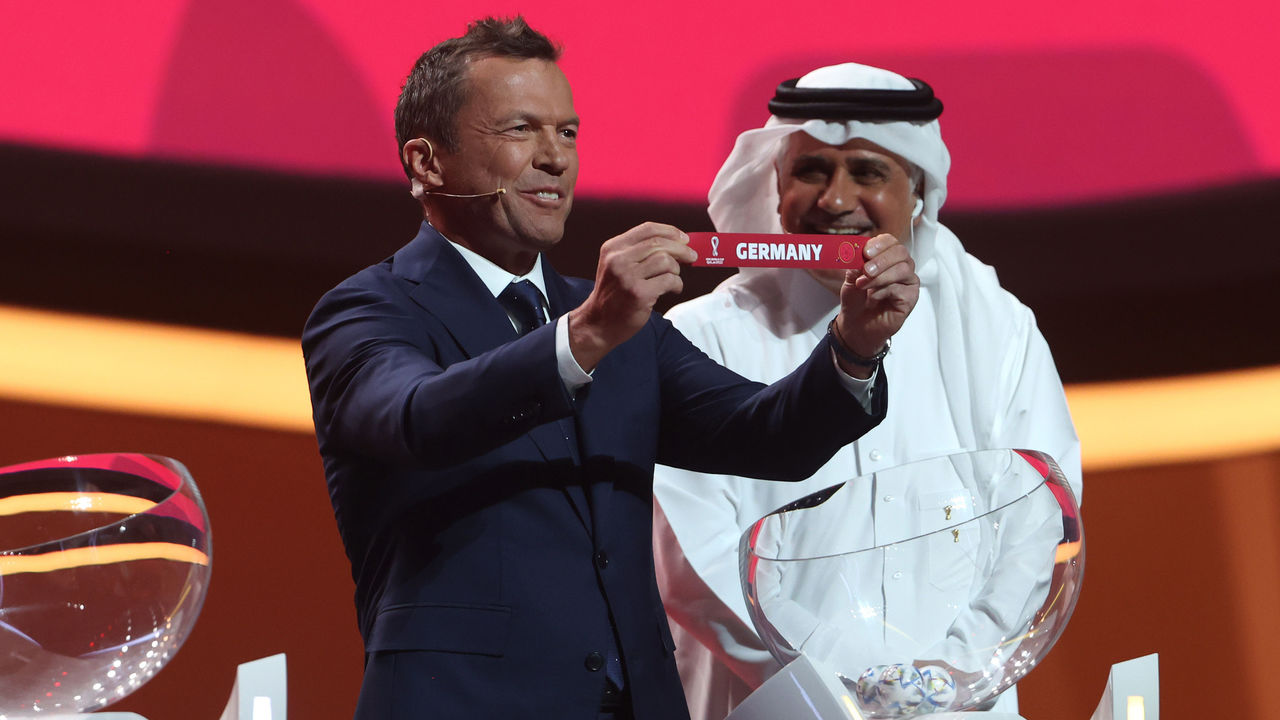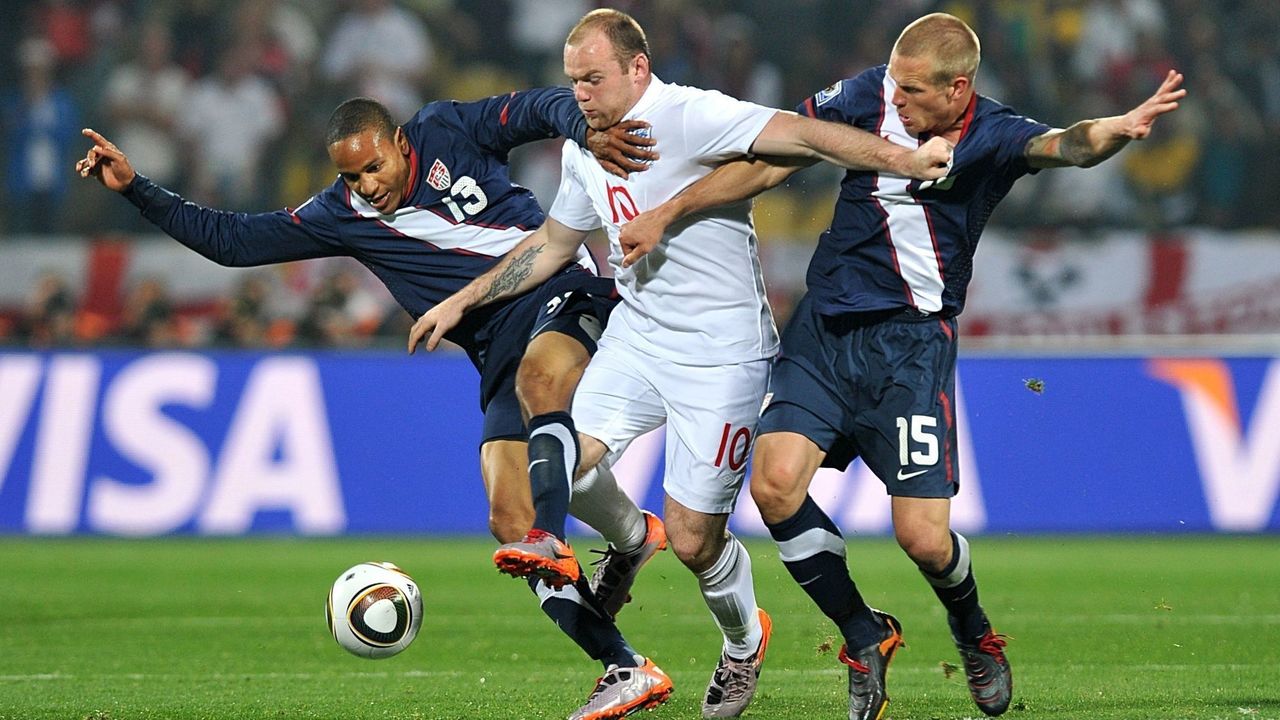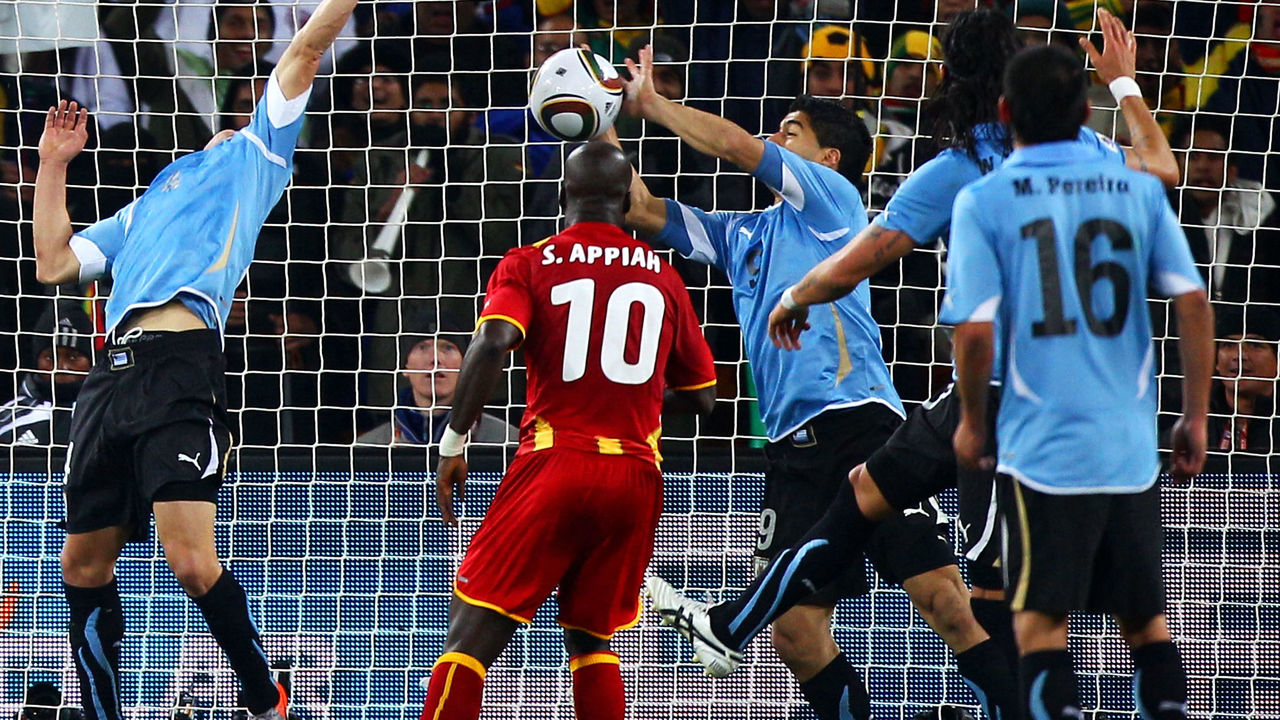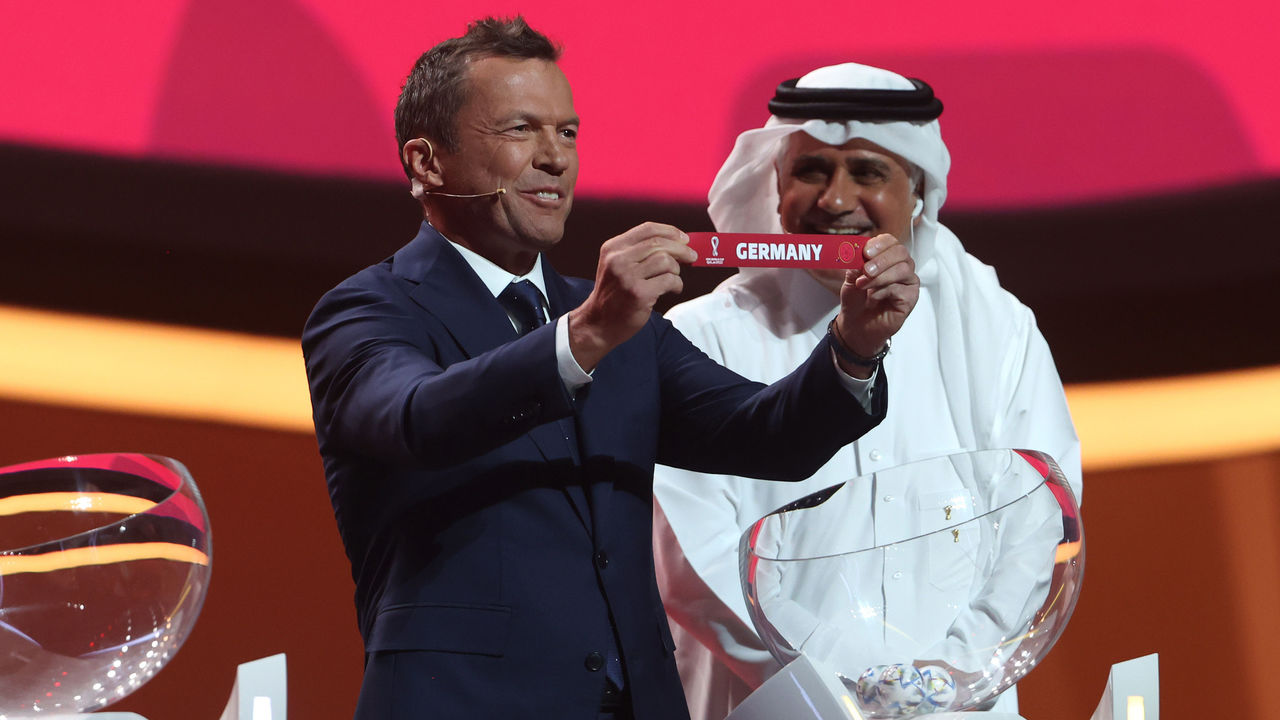The stage is set for the 2022 World Cup. Below, we examine the five most compelling storylines from Friday’s draw.
No definitive Group of Death in Qatar
When Lothar Matthaus plucked Germany out of Pot 2 during Friday’s draw in Doha, Qatar, it seemed like he had just set up his country to fail at the 2022 World Cup. Already in the same group as Spain, Germany also faced the possibility of being matched with Africa Cup of Nations champion Senegal and Canada, which finished atop the standings in CONCACAF qualifying.
Germany understands more than most nations the perils of taking the group stage lightly. Losses to Mexico and South Korea eliminated the then-defending World Cup champion in the round robin in 2018, setting into motion a period of soul-searching and uncertainty for Die Mannschaft.

But the rest of the draw went smoothly. Japan – far from the team Keisuke Honda led to the round of 16 in 2010 and 2018 – brings relief as the third team in Group E, and the winner of the intercontinental playoff between Costa Rica and New Zealand will round out the quartet in June.
Spain and Germany will still contest the most exciting match of the group stage, but apart from that, qualifying for the knockout round should be a straightforward assignment for two of Europe’s powerhouse nations.
The rest of the groups look fairly balanced. The weakest is undoubtedly Group A, with Qatar and Ecuador likely to serve as cannon fodder to Senegal and the Netherlands. Group H, with Portugal, Uruguay, South Korea, and Ghana, could end up being the Group of Life, as every team has a realistic shot of advancing.
U.S. and England renew old hostilities
The United States will face England on Nov. 25, the day after Thanksgiving, in a rematch of the 1-1 draw between the two rivals in the group stage of the 2010 World Cup. It’s also a match that carries political and socioeconomic undertones. The U.S., after all, supplanted Great Britain as a world economic power during the 20th century, and it has since sent many of its sports franchises to the U.K. as a marketing and expansion exercise. But England has always maintained superiority on the pitch.

“English encounters with the U.S. are freighted with a strange tension, a superiority complex masking deep-rooted anxiety, because if America ever overtakes us in football, then what, as a country, do we have left?” The Guardian’s Tom Dart wrote in 2019.
There’s also some history to explore. At the 1950 World Cup, the U.S. – then composed of amateur players who worked mainly as dishwashers, mailmen, and hearse drivers – upset 3-1 favorite England. The shocking 1-0 win barely made a dent in the American public’s consciousness – The New York Times devoted just two paragraphs to the game – but it stung the English psyche. Bert Williams, England’s goalkeeper for the match, told The Associated Press that it took “a lot of forgetting.”
That remains the U.S.’ only competitive win over England. It now has a chance to reopen old wounds.
Ghana seeking vengeance
Ghana’s out for revenge against Uruguay – and rightfully so. Back in 2010, it was vying to become the first African nation to reach the World Cup semifinals when Luis Suarez swatted away what would’ve been the winning goal in the 120th minute of play. Although Suarez was sent off for that deliberate handball, Asamoah Gyan missed the subsequent penalty kick, and Uruguay won the ensuing shootout, earning social-pariah status as the team that knocked out Africa’s only remaining hope in the first World Cup to ever take place in the continent.

“We thought we had clearly won that particular game but for that save from Suarez,” Kurt Okraku, president of Ghana’s football association, told BBC Sport Africa on Friday. “It is very interesting for us to pitch against them again, obviously with fond memories (this time around).
“It is important that we all set the record straight.”
After that match, Suarez reportedly told the media “the hand of God belongs to me,” referencing Diego Maradona’s goal against England at the 1986 World Cup.
Canada has upset potential
Canada was arguably the toughest team to come out of Pot 4. Only a loss to Panama on Wednesday – with a heavily rotated starting lineup – denied the Canadians a place in Pot 3. Given the U.S. and Mexico, two of the eight teams in Pot 2, each lost to their northern rivals in CONCACAF qualifying, Canada could’ve claimed an even higher place in the draw.
This group of players, led by striker Jonathan David and the omnipresent Alphonso Davies, has the talent and willpower to cause an upset in Qatar. That’s especially true in Group F, which is more manageable than it looks. Belgium and Croatia will enter as the favorites to advance, but despite holding the No. 1 ranking for much of the past two years, the Belgians remain an aging group that mainly feasts on European minnows.
The same goes for Croatia, which is far from the team that made the 2018 World Cup final. Captain Luka Modric continues to anchor the squad at 36 years old, but without Mario Mandzukic – who retired in 2021 – or Ante Rebic – in exile after a spat with head coach Zlatko Dalic – the national team is entering its endgame.

“Canada, for us, was always a hidden threat,” Belgium’s head coach, Roberto Martinez, told TSN’s Matthew Scianitti after the draw.
Martinez added: “It’s been very impressive to see this Canadian team with the consistency, with the energy, with the youth, with the team spirit that they have. … We know that we’ll be facing a team that is together.”
Morocco has some star power – full-back Achraf Hakimi plays for Paris Saint-Germain, and goalscorer Youssef En-Nesyri leads the line for Sevilla, La Liga’s second-placed team – but its recent results don’t instill much fear. It recently lost to Egypt – which didn’t even qualify for the World Cup – and managed most of its wins against the likes of Sudan and Guinea-Bissau.
Juicy quarterfinal matchups on tap
If things go to plan, the quarterfinals could pit England against France, the Netherlands against Argentina, and Spain against Brazil. That would put six of the top eight betting favorites in an early bind and potentially open a path to the semifinals for Portugal, which could avoid the mayhem if it finishes atop Group H and likely face either Switzerland or Serbia in the round of 16 before meeting Belgium.
The quarterfinals four years ago were fairly underwhelming: France beat Uruguay, Belgium upset Brazil, Croatia edged out Russia, and England knocked off Sweden. The prospects are much more tantalizing this time around. Can Lionel Messi avoid disappointment in what is likely to be his last World Cup appearance? Will Brazil be eliminated in the quarterfinals for the fourth time in five tournaments? And is England ready to take the next step?

